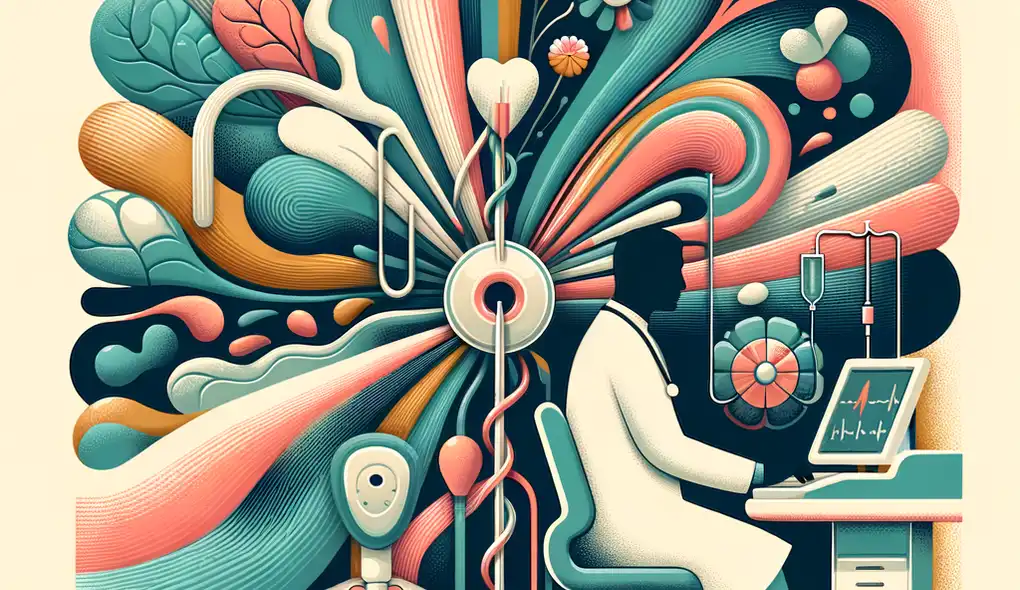Describe a time when you had to handle an emergency situation during a procedure.
Interventional Radiologist Interview Questions
Sample answer to the question
During a procedure, there was an emergency situation where a patient experienced severe bleeding. I quickly alerted the rest of the medical team, and we worked together to stabilize the patient. I applied pressure to the bleeding site while the team prepared for an emergency intervention. Once the bleeding was under control, we successfully completed the procedure. The patient was closely monitored afterwards, and I ensured they received the necessary post-procedure care.
A more solid answer
During a complex procedure, a patient developed a life-threatening allergic reaction. I immediately recognized the symptoms and administered the appropriate medications, while simultaneously notifying the anesthesiologist and nursing staff. Together, we swiftly and efficiently stabilized the patient's condition. I then coordinated with the team to adjust the procedure to ensure patient safety. After the procedure, I closely monitored the patient's vital signs and administered additional medications to manage the allergic reaction. The patient responded well to the treatment, and we provided the necessary post-procedure care to ensure a full recovery.
Why this is a more solid answer:
The solid answer provides more specific details about the emergency situation, the candidate's role in handling it, and the steps taken to ensure patient safety. The response also emphasizes the ability to work well in a team and provide comprehensive post-procedure care. However, it could still benefit from more depth and specific examples.
An exceptional answer
During a procedure, a patient suddenly experienced cardiac arrest. As the team leader, I immediately initiated CPR while directing other team members to obtain the necessary equipment for defibrillation. We successfully resuscitated the patient and quickly transitioned back to the procedure. After the procedure, I ensured the patient received specialized cardiac care, closely monitoring their cardiac rhythm and administering appropriate medications. Additionally, I organized a multidisciplinary meeting to review the incident and implement strategies for preventing similar emergencies in the future. This experience highlighted the importance of continuous training and preparedness within the team.
Why this is an exceptional answer:
The exceptional answer goes above and beyond by describing a more severe emergency situation (cardiac arrest) and highlighting the candidate's leadership skills and ability to handle high-pressure situations. The response also emphasizes the importance of continuous training and learning from the experience. It could further improve by providing specific examples of strategies implemented to prevent similar emergencies.
How to prepare for this question
- Review emergency protocols and guidelines specific to interventional radiology procedures.
- Reflect on previous emergency situations encountered during training or practice and analyze the steps taken to handle them.
- Familiarize yourself with the equipment and medications commonly used in emergency situations in interventional radiology.
- Develop strong communication and leadership skills to effectively coordinate a team during an emergency.
- Stay updated with the latest advancements and evidence-based practices in emergency management in interventional radiology.
What interviewers are evaluating
- Ability to handle emergency situations
- Ability to work well in a team
- Ability to provide post-procedure care
Related Interview Questions
More questions for Interventional Radiologist interviews